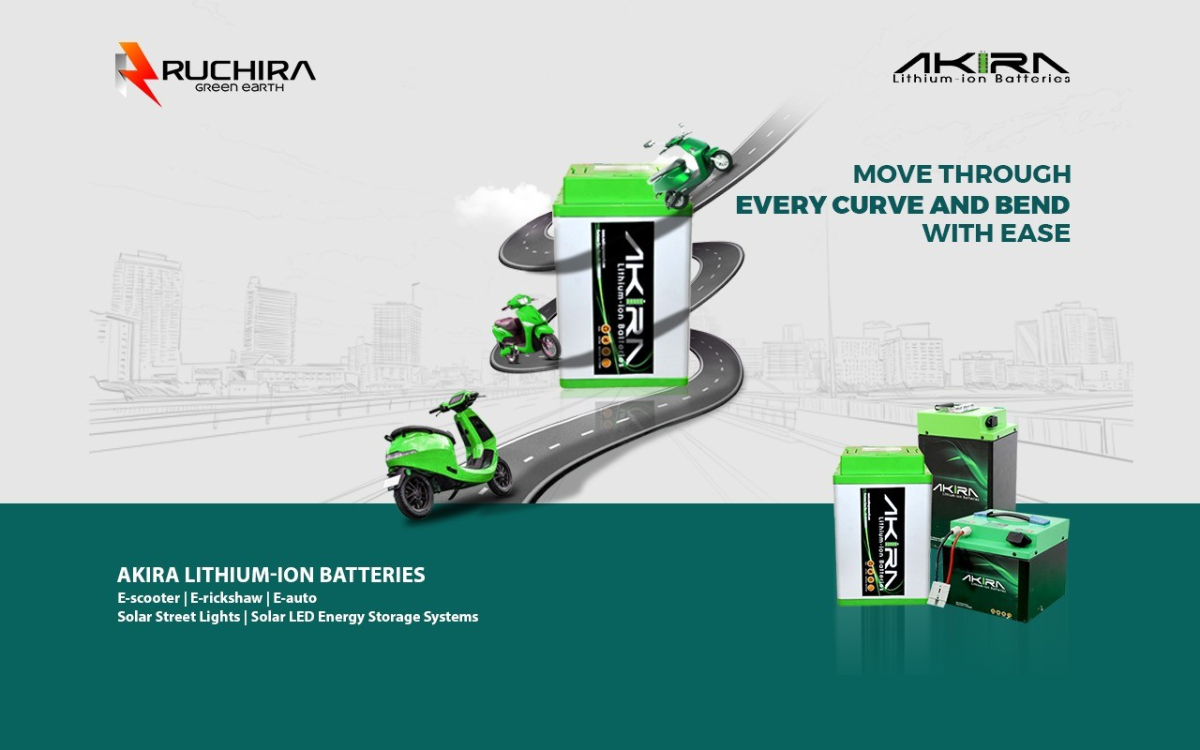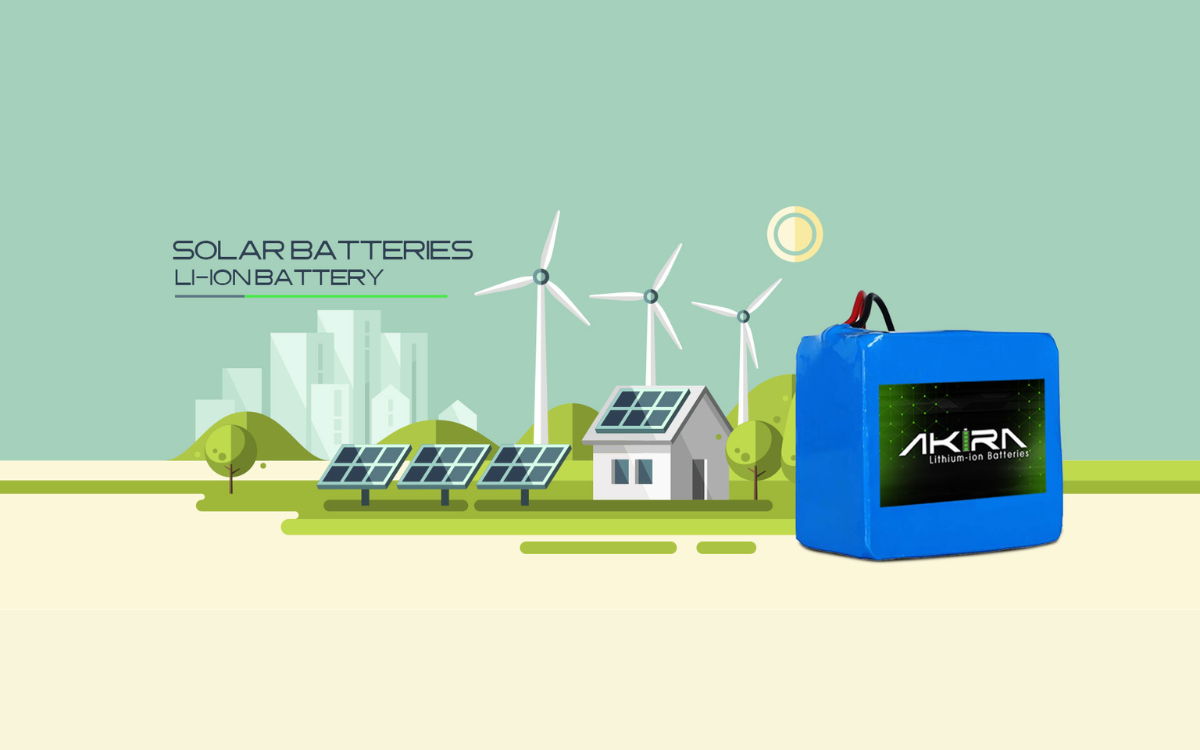In an era driven by technology and sustainability, lithium-ion batteries have emerged as a revolutionary force powering various facets of modern life. As one of the leading two wheeler lithium-ion battery manufacturers in India, Akira takes pride in providing cutting-edge energy solutions that contribute to the nation’s progress. This blog by Akira, is an informative piece providing some important insights on lithium ion batteries, its position in India and some commonly asked questions on them.
Lithium-Ion Batteries: Powering the Present and Shaping the Future
Lithium-ion batteries have transformed the way we store and use energy. These rechargeable powerhouses are widely used in portable electronics, electric vehicles (EVs), renewable energy storage systems and more. Akira, a pioneering name among lithium-ion battery manufacturers in India, has been at the forefront of harnessing this technology to drive innovation and sustainability.
Fueling India’s Technological Advancement
Lithium-ion batteries play an important role in modern India, driving technological advancement and sustainable practices. In the realm of electric mobility, EVs equipped with these batteries are reducing carbon emissions and dependence on fossil fuels. These batteries also power smartphones, laptops and other devices, ensuring seamless connectivity and productivity.
Furthermore, lithium-ion batteries enable efficient energy storage from renewable sources, contributing to the nation’s goal of achieving energy independence.
Why choose lithium ion batteries for EV:
Lithium-ion (Li-ion) batteries have been the preferred choice for Electric Vehicles (EVs) for several reasons:
1.More Energy Density:
Li-ion batteries offer a high energy density, which means they can store a large amount of energy in a relatively small and compact package. It is very essential for EVs as it allows them to store enough energy to provide adequate driving range without adding excessive weight.
2.Long Range:
With higher energy density, Li-ion batteries empower the EVs with longer backup for the long driving ranges. This makes the rides hassle free and reduces the need for frequent recharging.
3.Fast Charging:
Li-ion batteries can be charged quickly, especially with apt charging infrastructure. This reduces the long charging times and makes EV ownership more appealing to consumers.
4.Durability:
Li-ion batteries have a long cycle life, thus undergoing more number of charge and discharge cycles. This ensures long life of the battery pack, reducing the need for frequent replacements.
5.Weight Efficiency:
Li-ion batteries are lightweight compared to other battery chemistries, which helps maintain the overall weight of the vehicle at a reasonable level. This, in turn, contributes to better energy efficiency and handling.
6.Regenerative Braking:
Many Li-ion battery-powered EVs incorporate regenerative braking systems, which capture and store energy that would otherwise be lost as heat during braking. This further improves energy efficiency and extends driving range.
Now, let’s address some Common Questions About Lithium-Ion Batteries:
-Can Lithium-Ion Batteries Degrade Over Time?
Yes, like any technology, lithium-ion batteries degrade over time. Factors such as usage patterns, charging habits and temperature conditions can influence their lifespan. However, Akira’s advanced battery management systems and quality manufacturing processes ensure that their batteries offer extended durability and consistent performance.
-Can Lithium-Ion Batteries Be Repaired?
Lithium-ion batteries are complex devices and attempting to repair them without proper expertise can be risky. In most cases, it’s safer and more efficient to replace a degraded battery with a new one. Akira emphasizes the importance of proper maintenance to prolong battery life and offers expert guidance for any issues.
-Can Lithium-Ion Batteries Be Recharged?
Absolutely, lithium-ion batteries are designed to be rechargeable. Regular charging and discharging cycles are essential for maintaining their health. However, it’s important to use the appropriate charger and avoid overcharging or deep discharging, as these practices can impact the battery’s longevity and performance.
-Can Lithium-Ion Batteries Be Recycled?
Yes, recycling lithium-ion batteries is crucial for environmental sustainability. These batteries contain valuable materials like lithium, cobalt and nickel that can be extracted and repurposed. Most of the responsible electric vehicle lithium-ion battery manufacturers in India, actively promote battery recycling to minimize waste and conserve natural resources.
In conclusion, in a world where energy efficiency and environmental consciousness are paramount, lithium-ion batteries have emerged as the cornerstone of progress. Akira, a distinguished name among two wheeler lithium-ion battery manufacturers in India, continues to lead the charge by providing innovative energy solutions that power India’s technological landscape while fostering sustainability.

